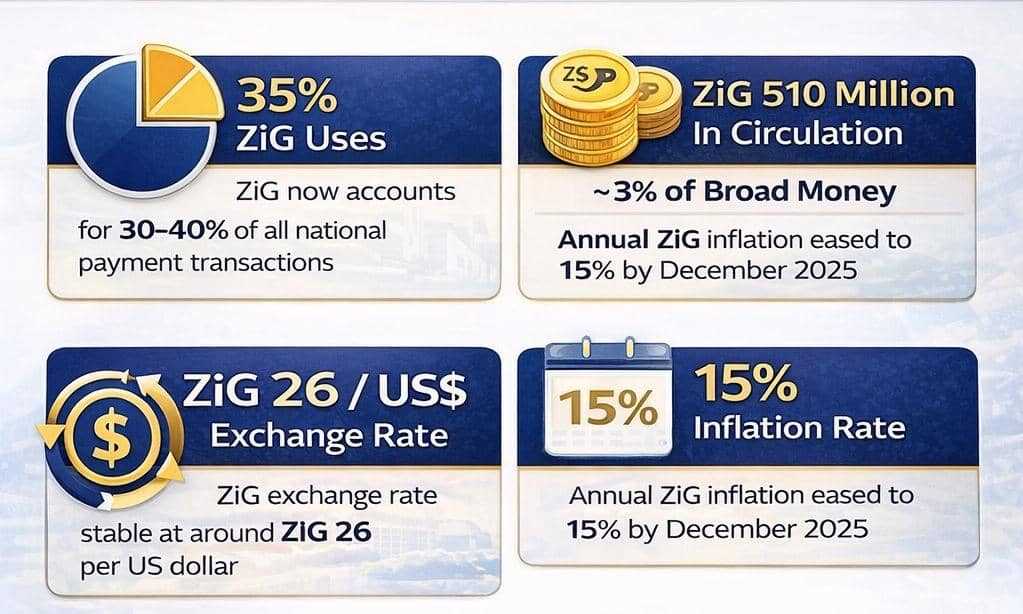
Zim Now Writer
As the world prepares for COP28, slated for Dubai in the United Arab Emirates, this is the opportunity to interrogate the resolutions of COP 27 in order to see how much has been achieved in as far as climate change mitigation and adaptation is concerned.
Zim Now spoke to the Chief Executive Officer of the African Renaissance Sustainable Development, Nehemiah Chipato in order to understand what their collaborative efforts with the Government of Zimbabwe have achieved.
Chipato says the ARSD is a youth-led organisation, innovators of the sustainable development frameworks that address present and future development needs of Zimbabwe, especially through spearhead climate change issues.
ARSD, he said, comes up with practical projects that address the effects of droughts and other vagaries emanating from climate change.
“We have been driving Green Economy initiatives where we are collaborating with government on social development. There is the National Development Strategy 1 as well as the United Nations Sustainable Development Goals. We aim to help government achieve Agenda 2063, through achieving an Upper Middle-Income Economy by 2030,” Chipato said.
Agenda 2063 is Africa’s blueprint and master plan which aims at transforming the continent into the global powerhouse of the future through its goal for inclusive and sustainable development.
It is a manifestation of the pan-African drive for unity, self-determination, freedom, progress and collective prosperity pursued under Pan-Africanism and African Renaissance.
The ARSD, Chipato said, they always try and partner government on its events so as to reach as many people as possible.
“We do stakeholder engagements and lately we have been working with the Ministry of Lands, Agriculture, Fisheries, Water, climate and Rural Resettlement, who are busy with rolling out Smart Agriculture technologies as a way of climate-proofing agriculture in order to mitigate the impacts of climate change.
“Zimbabwe has made giant steps towards achieving household food security, a situation that has benefitted the presidential schemes and Pfumvudza, an intervention that government has come up with to climate-proof agriculture,” Chipato told Zim Now.
Since the bulk of Zimbabwe’s agriculture is rain-fed, drought periods can be particularly worrying for farmers, making irrigation imperative.
“River rehabilitation as well as resuscitation of dams for use in irrigation are programmes that are ongoing. Recently government announced that 460 irrigation schemes will be targeted for maize production in efforts to improve agricultural production to mitigate the effects of climate change. The ministry is in the process of, in collaboration with the Government of Belarus, in revolutionising agriculture through ongoing mechanisation.
Related Stories
Chipato, whose organisation is holding the First Zimbabwe Annual SDG Conference under the theme “The mid-point of the SDGs: Global and Local Progress and Challenges” in November said he launched the first edition of The Green Economy magazine at COP 27 in Sharm el-Sheik, Egypt last year.
“This was the first COP on African soil and there was a commitment from delegates on improving agricultural food systems. The magazine showed how Zimbabwe has been responding to climate change. The mitigation, adaptation and value addition measures and also how to further the government’s mandate of meeting its ‘No Hunger by 2030’ target are covered.
“Initiatives discussed at COP 27 will be revisited at COP 28 in Dubai, once more focusing on food systems and transformation strategies on improving food production.
“At COP28 we are saying Africa Speaks. We will be launching the second edition of the Green Economy magazine, a compilation of efforts and actions of African countries’ adaptation and mitigation measures as well as their commitments. But we are pushing that Zimbabwe becomes the beacon of Africa, the breadbasket of the continent,” he told Zim Now.
Chipato noted that Zimbabwe has already managed to achieve a bumper wheat harvest actually producing a surplus.
“We are focusing on mobilisation of the public and private sectors towards achieving the vision of low emissions by 2030.
“Zimbabwe has largely been moving in the right direction although more often than not, people do not see that people are actually working on countering the impacts of climate change.”
The ARSD CEO said his organisation holds outreach initiatives, engaging local communities and raising public awareness so that they understand the National Development Strategy 1 so that they are informed.
He added: “For instance the just-ended Zimbabwe Agricultural Show where we had a side-show, in collaboration with the Ministry of Agriculture in educating people on increasing food production as well as incomes at household level.”
The climate empowerment workshops they hold across the country, particularly the youth and women who are in the majority in Zimbabwe, Chipato said, are expected to help achieve increased food production and incomes.
“We were also part of the Zimbabwe International Trade Fair again pushing climate change adaptation and mitigation initiatives,” Chipato told Zim Now.
Companies, Chipato said are also expected to formulate policies that resonate with greening the economy.
“Companies’ business models must embrace climate change, ensuring companies come up with policies that recognise the Threats posed by climate change. They must deliberately formulate policies that aim at achieving low carbon emission by 2030,” Chipato said.




















Leave Comments